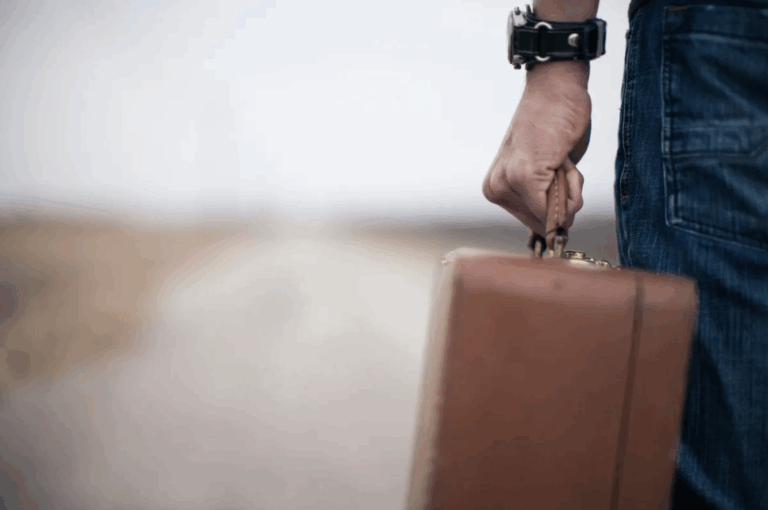
I’m Devastated By America, So I’m Getting Out.
This week, I finally reached my limit for bad news. A few days ago, something showed up on my timeline (I can’t even remember exactly
Subscribe to John Pavlovitz’s email newsletter to get regular content regarding stuff that needs to be said plus updates with speaking dates, book launches, and courses. You will also receive a free gift: a digital collection of John’s writings on grief.


This week, I finally reached my limit for bad news. A few days ago, something showed up on my timeline (I can’t even remember exactly

What a difference a couple of millennia make. There’s a story about Jesus that all four New Testament Gospel writers record in their accounts of
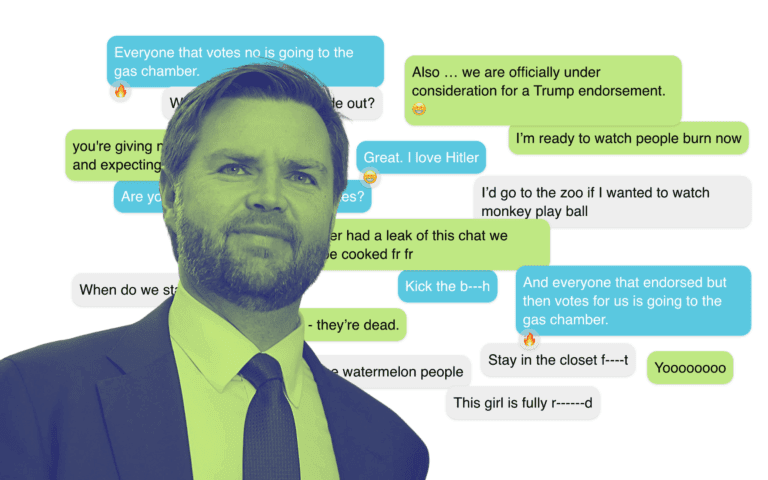
Well, in case you weren’t keeping track, we’re in the “Nazis are fine” portion of Republican Americans’ moral collapse. Politico recently broke the story of the
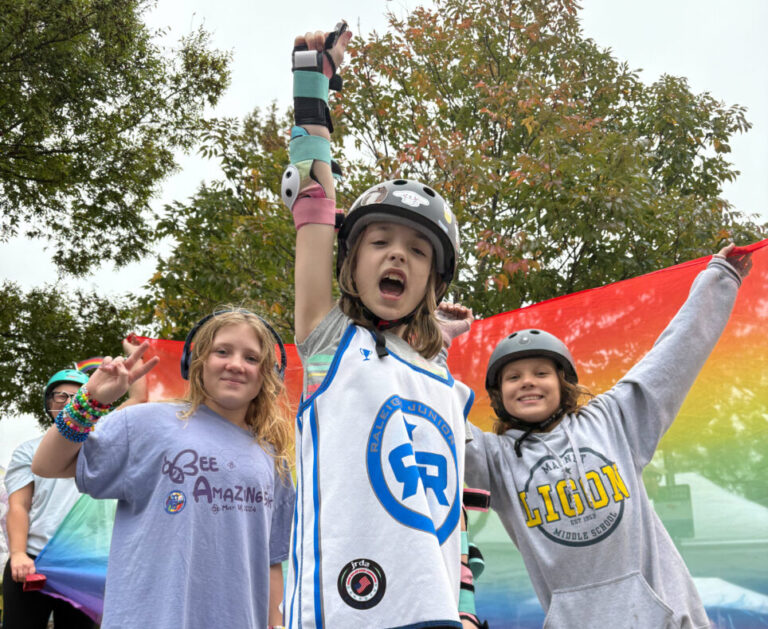
“And they’ll know we are Christians by our love.” – Christian hymn As a longtime progressive pastor, I’ve come to understand that there are few
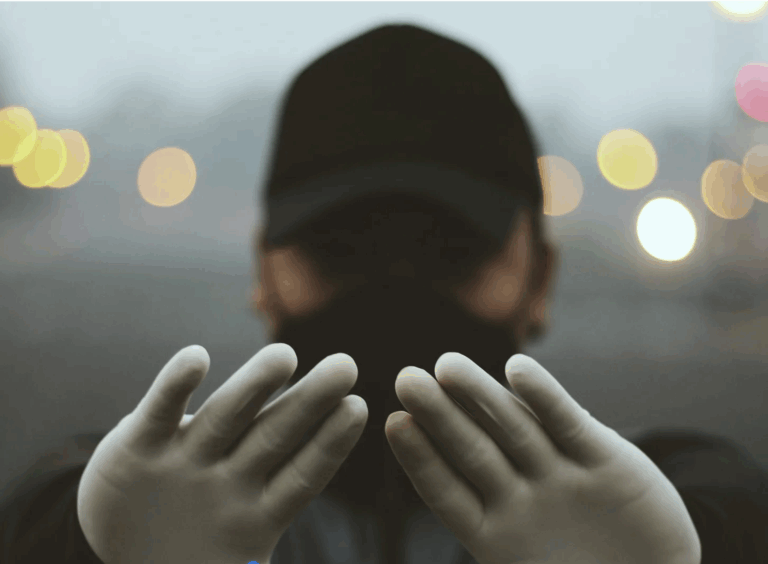
At first glance, it’s easy to focus on the Trump Administration’s attacks on historically marginalized minority communities: the incessant and increasingly violent war it is
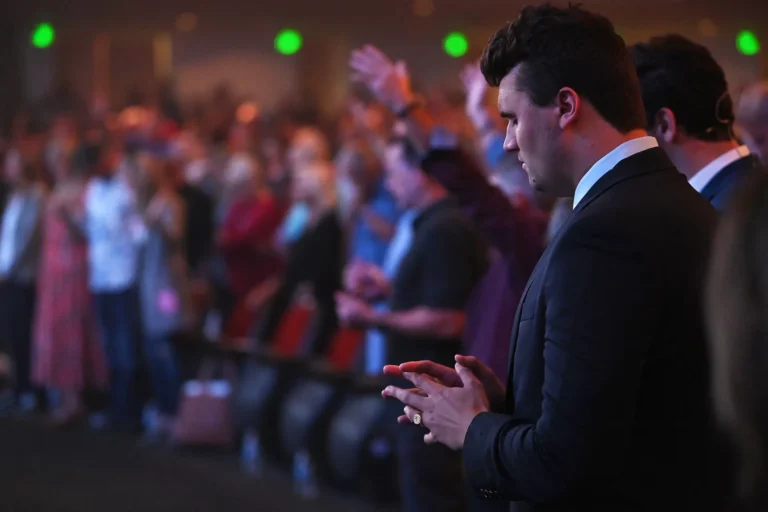
As news of his shooting broke, the Jesus-washing of Charlie Kirk’s life by Conservative Christians began almost immediately. My social media feed quickly flooded with
Get the Damn-Giver Dispatch plus updates with speaking dates, book launches, & courses.
